How to Choose the Best Foundation for Your Skin Type
Foundation is the basis of makeup; it's the very cornerstone on which you wear all your makeup. However, with numerous choices available out there, selecting a certain foundation can even be pretty overwhelming. Actually, the key to a great finish is finding the product that will complement your skin type.
Whether you have dry, oily, combination, or sensitive skin, Nice One KSA has compiled this comprehensive guide with tips and suggestions that will help you discover the ideal foundation.
Understand Your Skin Type
Now that you’re ready to venture into the realm of foundations it’s pivotal you discover your skin type. This will pave the way for making the right decision.
- Dry Skin: This skin type appears to become scaly, tacky and opaque. What it needs is a hyaluronic acid foundation on which it draws its moisture and glows for that radiant sheen.
- Oily Skin: Oily skin is acne-prone and has a shine, which is the reason why oily skin needs a water-based or fabulous mattifying foundation formula.
- Combination Skin: It has both dry and oily areas; usually the “T-zone” is oily while the cheekbones are dry. To get the most appropriate foundations you should look for foundations that meet these two opposing conditions.
- Sensitive Skin: Most of the time, it becomes red, itchy, and causes allergic reactions to various elements. Consequently, formations for sensitive skin should not cause allergic reactions or build up on the skin’s surface.
Types of Foundations
There are several types of foundations, and knowing them will help you narrow your options.
- Liquid foundations: These are versatile and may range from matte to dewy, making them suitable for most skin types. Maybelline Fit Me Matte + Poreless is ideal for oily skin, while L'Oréal Paris True Match Lumi gives dry skin a luminous shine.
- Powder Foundation: For oily or combination skin, powder foundations like MAC Studio Fix Powder Plus Foundation are ideal since they provide a matte finish with light to medium coverage.
- Stick Foundation: Easy to carry and apply, particularly for fast touch-ups. The buildable coverage of products like Make Up For Ever Ultra HD Stick Foundation is ideal for people who are constantly on the go.
- Cream foundation: This rich and moisturizing foundation is ideal for dry or aged skin. Options like NARS Radiant Cream Compact Foundation offer medium-to-full coverage and a bright finish.
- Tinted moisturizer or BB/CC creams: Super lightweight and sheer, BB creams like Laura Mercier Tinted Moisturizer are ideal for people who desire minimum coverage but yet need some skincare support.
Matching Your Skin Tone
Not only should you select the correct formula, but you must also select the correct shade for it as well. Here's how to choose your perfect match:
- Know your undertone:
Everyone's skin has an undertone: warm, cool, or neutral.
- Warm undertones have yellow, peach, or golden dimensions.
- Cool undertones should lean more towards pinkish, bluish, or reddish hues of skin.
- Neutral undertones sit between the warm and the cool traits.
- Test Before You Buy: Every time, patch test the foundation on the side of your jawline or your wrist and make sure that it is under artificial light. The right shade should appear on your surface and cannot be distinguished from your skin complexion.
- Consider Seasonal Changes: Your skin coloration may change depending on the complexion of the season. There won’t be probably a huge difference but in some cases you might want a slightly lighter one for winter and a darker one for summer.
Ingredients to Look For and Avoid
Knowing what's in your foundation can make all the difference when it comes to the health and appearance of your skin.
- Dry Skin: Hyaluronic acid is good for hydrating and is commonly used in facial products. Glycerin and oil also aid in the hydration of the skin. Avoid using alcohol-based formulations; these only exacerbate the skin dryness even further.
- Oily Skin: Noncomedogenic oil-free formulations, including agents such as silica or clay, should be used. Specifically, makeup products that are heavy, oily, and very creamy should not be used.
- Sensitive Skin: Choose basic creams that contain non-aggressive ingredients like aloe, chamomile or calendula. Avoid using products containing fragrance paraben, or other harsh chemicals.
Coverage Levels
The amount of coverage desired will be the biggest determinant in selecting the right foundation type to suit your needs and lifestyle.
- Sheer Coverage: This is perfect for everyday natural coverage. Most of the tinted moisturizers and BB creams usually fall under this category.
- Medium coverage: It is great for evening out skin tone without losing the look of your skin.
- Full Coverage: The best option for special occasions or times when blemishes, scars, or discolorations must be covered.
Testing and Sampling
Always try on a foundation before buying. There are various samples or travel-sized foundations to try first before committing to the full-sized product. Wear the foundation for a few hours to see how it interacts with your skin and holds up throughout the day.
Special Skin Concerns Care Tips
- Acne-prone skin: The formula is non-comedogenic, with salicylic acid to keep the breakouts at bay.
- Aging Skin: Choose a moisturizing and brightening foundation with peptides and antioxidants as anti-aging ingredients.
- Hyper-Pigmentation: A full-coverage foundation will color-correct it and disguise any discoloration much better.
Getting the perfect foundation does not need to be daunting; know what your skin is asking for, try a couple of formulations, and then focus on the ingredients that work for you. The right foundation guarantees a better makeup finish and boosts your confidence.
)
)
)
)


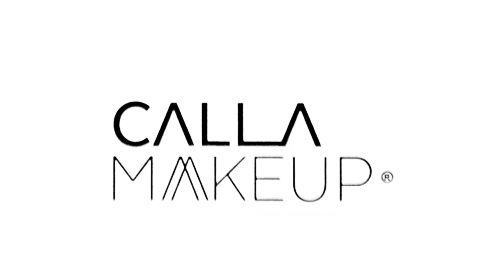
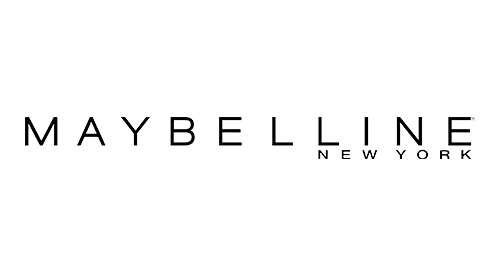


)

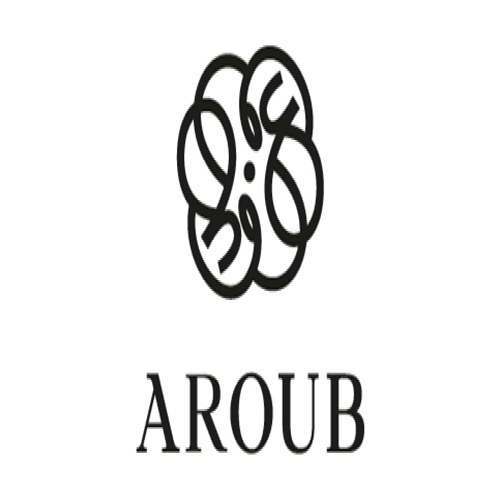




)
)
)
)

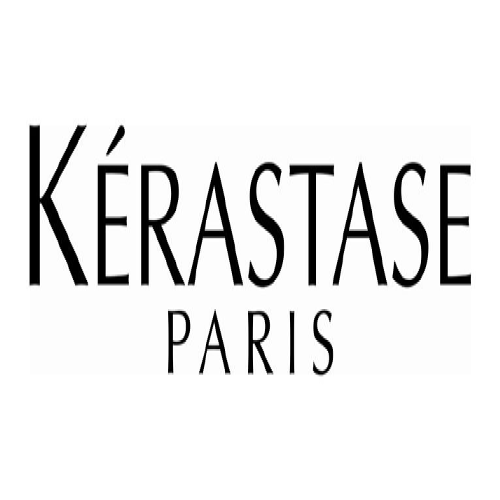

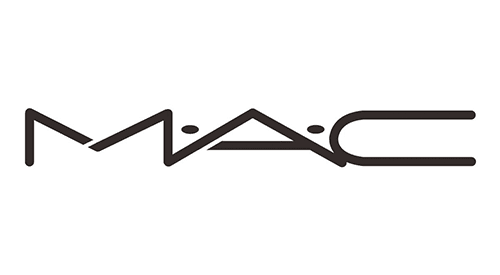


)
)